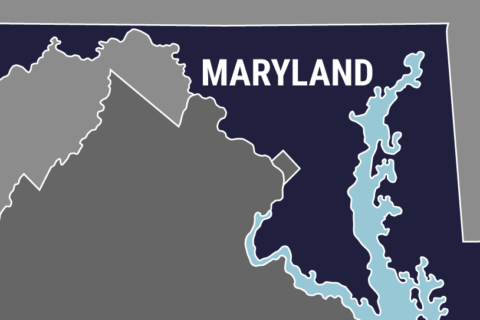ANNAPOLIS, Md. — The number of Maryland voters who would have been affected by a computer glitch at the Maryland Motor Vehicle Administration has been revised downwards from 83,493 to 71,981.
In a hearing before two Maryland legislative committees, MVA Administrator Christine Nizer apologized for what she said was a coding error that led to the failure of changes to voter registrations being routed to the Maryland State Board of Elections.
The problem was made public days before the June 26 primary, and the State Board of Elections estimates that about 4,000 to 6,000 of the provisional ballots that were cast during the election may have been affected by the computer failure.
Nizer told members of the House Ways and Means Committee and the Senate Education, Health and Environmental Affairs Committee that a contractor made a coding error that resulted in the glitch. While the contractor, Rockwell Collins, continues to do work with the MVA, Nizer said the contract employee is no longer doing work for the agency.
“We fixed the program,” Nizer told the committees. “That was the utmost important thing to do right away.”
She walked them through the process by which Maryland residents can register to vote through the MVA’s systems. Internal, weekly audits are being performed in the wake of the computer problem, she said.
“We want to make sure that everybody fully understands the process, and that no issues happen like this going forward,” Nizer said.
House Ways and Means Committee Chair Anne Kaiser kicked off the hearing by telling her colleagues, “Today is not for grandstanding, finger-pointing or recriminations.”
Instead, she said, the emphasis has to be on what lies ahead: “We have 116 days until the election starts,” said the District 14 delegate. Maryland’s general election is Nov. 6.
Nizer was questioned closely about how the problem was discovered, but Del. Eric Leudtke asked if there was a “cultural” problem at the MVA.
“Is it an issue among your programmers or your staff generally that people don’t see voter registration as a priority? Is there some work that needs to be done on organizational culture?” he asked.
“I personally feel an obligation related to voter registration, and clearly, we failed in this case,” said Nizer, who added that “staff recognizes the importance of voter registration.”
Nizer testified that the MVA faces a number of challenges, from updating its systems to hiring programmers and IT staff. Part of an audit already underway is designed to analyze if the MVA is too dependent on contractors. She also mentioned that one program is written in COBOL, a computer language that was already aging in the 1990s.
During the hearing, Sen. Bryan Simonaire said he recalled programming in COBOL back in the 1980s, to which Nizer jokingly asked, “Can we hire you?”







